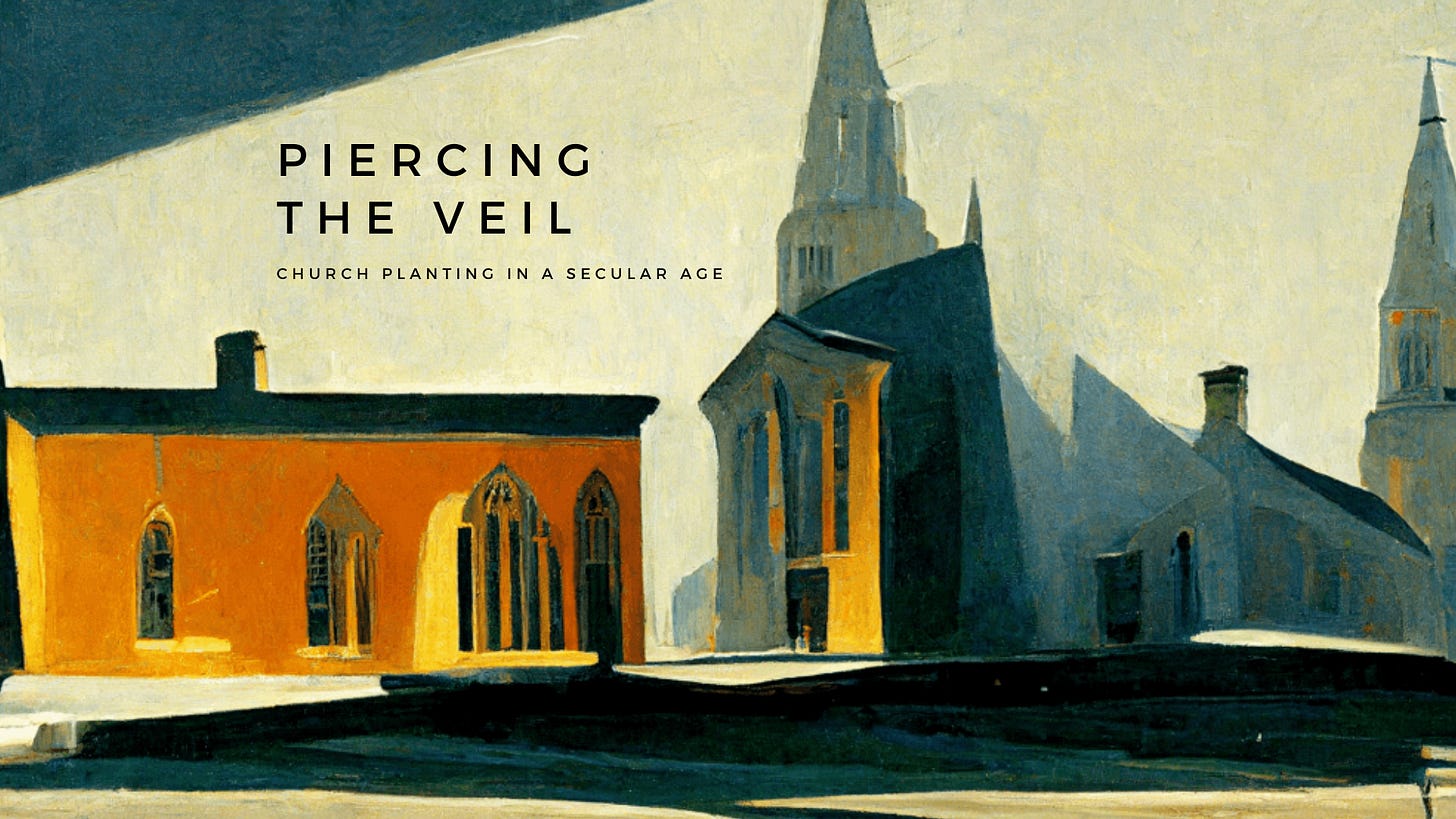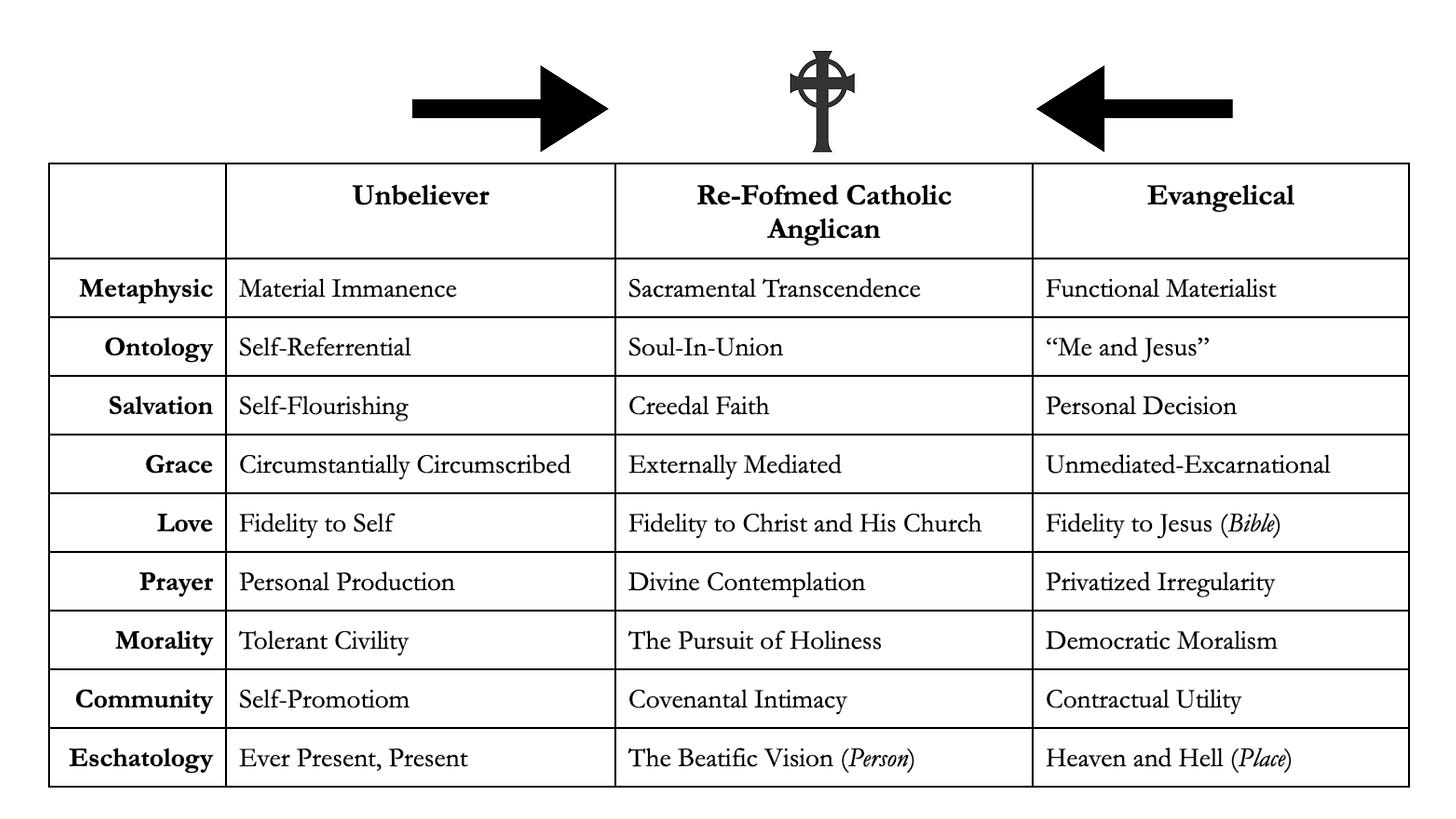In church planting, a genuine sense of belonging can open the door to meaningful spiritual conversations. People have thoughts, ideas, and questions about Christianity, Christ, spirituality, moral and ethical matters, Anglicanism, and real-life concerns.
For many individuals, transitioning from 'Belonging' to 'Believing' represents a period of liminality, particularly for agnostics, atheists, and modern skeptics. Liminality is defined as an "in-between" space of transition, waiting, and uncertainty, often linked to spiritual growth and transformation. This phase occurs when one is caught between an old way of life and a new reality that has yet to be fully realized, similar to the concept of the Kingdom of God. The ministry aimed at guiding people from 'Belonging' to 'Believing' is primarily catechetical, requiring the creation of “spaces” within a church plant for individuals experiencing liminality to pose questions and deepen their understanding (to be catechized).
This journey into such liminality is not exclusive to non-believers; it is also experienced by Christians from non-Anglican backgrounds encountering Re-Formed Catholic Anglicanism. Effective church planting requires creating liminal spaces that encourage a healthy examination, confrontation, and resolution of core issues related to epistemology, theology (or spirituality), and metaphysics.
As a church planter, it’s crucial to acknowledge that for both believers and non-believers, the exploration of spiritual liminality will lead to significant shifts as they progress towards the Re-Formed Catholic Anglican Tradition. Though not exhaustive, the following illustration identifies areas of significant shift:
Evangelism in late modernity is not just a theological or apologetic effort but also involves philosophical, metaphysical, and ontological aspects. However, without inviting people to ‘Belong’ before ‘Believing’ and creating liminal spaces for the journey to develop, it becomes nearly impossible for anyone to become a Christian in the Re-Formed Catholic Anglican tradition.



